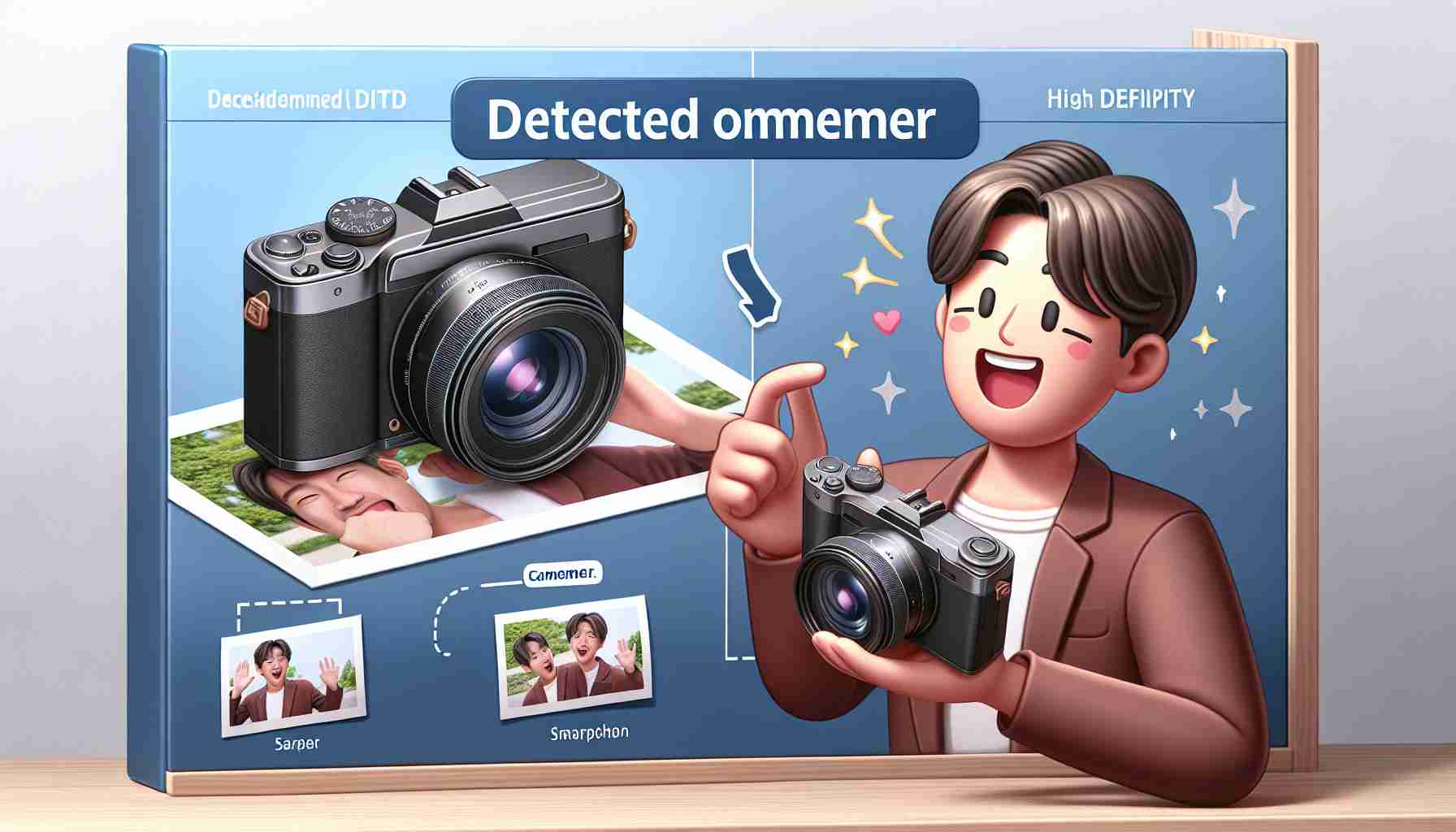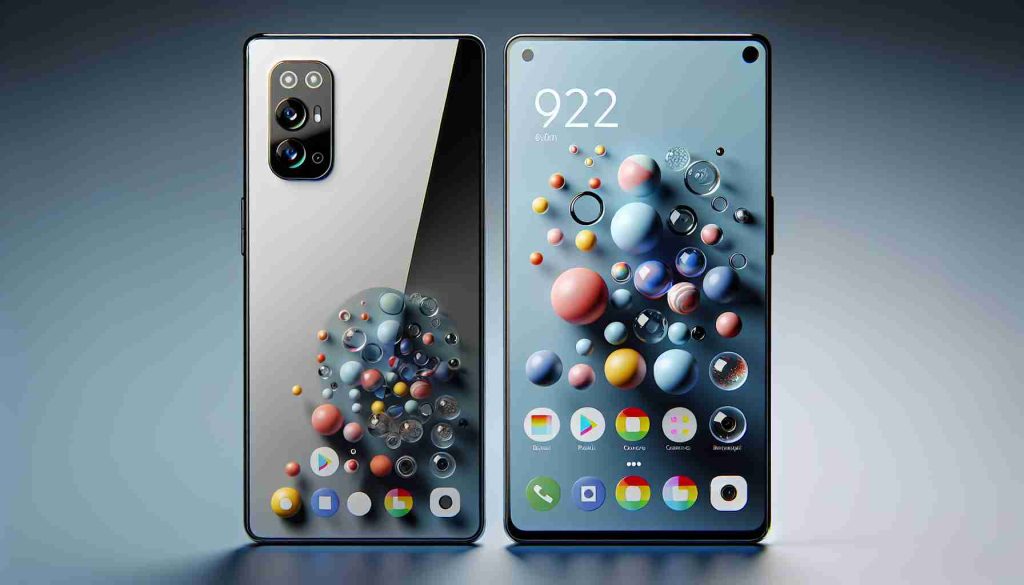Though smartphone photography technology has advanced significantly, dedicated cameras still offer distinctive advantages that enhance photography experiences. Larger sensors in dedicated cameras capture more light, resulting in superior image quality and depth. The difference between photos taken with a smartphone and those captured with a professional camera is often striking.
For those just stepping into photography, there are affordable options that deliver high-quality results without breaking the bank. Many models cater to various budgets, providing an opportunity to explore different types of photography. Beginners who prefer uncomplicated experiences might find point-and-shoot cameras particularly appealing.
Understanding what to look for when selecting your first camera is essential. Prioritize ease of use, such as intuitive settings that accommodate novices. Interchangeable lenses can offer versatility as skills grow, allowing users to adapt to different shooting scenarios.
Portability is another crucial aspect. Most modern mirrorless cameras are compact, making them ideal for travel, though it’s important to balance size with handling comfort. Also, consider your intended use; if you’re aiming to document adventurous activities, an action camera could be your best bet.
Ultimately, investing in a dedicated camera can significantly elevate your photography journey. Whether you’re capturing landscapes or family moments, having the right tools can lead to beautiful, lasting memories.
The Benefits of Investing in a Dedicated Camera for Beginners
As the world of photography expands, many aspiring photographers find themselves at a crossroads between investing in a dedicated camera or relying on a smartphone. While smartphones have made it easier than ever to capture moments, a dedicated camera offers distinct advantages that can greatly enhance the photographic experience and outcomes.
Why Should Beginners Invest in a Dedicated Camera?
For beginners, investing in a dedicated camera can provide a deeper understanding of photography fundamentals. A structured approach to learning photography includes grasping the intricacies of aperture, shutter speed, ISO, and composition. Dedicated cameras, whether DSLRs or mirrorless systems, allow for manual control over these settings, enabling beginners to experiment and learn effectively.
Key Questions and Answers
1. What type of camera is best for beginners?
– Beginners often benefit most from entry-level DSLRs or mirrorless cameras that offer automatic modes for ease of use while still providing the flexibility to grow into more complex settings as skills improve.
2. Are dedicated cameras too complicated for starters?
– Though they can seem daunting, many modern dedicated cameras are designed with beginners in mind. Many models provide guided assistance and tutorials within their interfaces that make the transition from smartphone to dedicated camera seamless.
3. Is it possible to find a budget-friendly dedicated camera?
– Yes, the market offers various entry-level cameras with excellent performance at reasonable prices, often available during seasonal promotions or via reputable used equipment dealers.
Key Challenges and Controversies
Despite their numerous benefits, there are challenges associated with transitioning to a dedicated camera. The learning curve can be steep for some, and the intimidation factor may discourage beginners. Additionally, ongoing advancements in smartphone camera technology lead to debates about whether dedicated cameras are still necessary for all photographers.
Some photography enthusiasts argue that the intricate controls of dedicated cameras can overwhelm novices, while others contend that this complexity is what fosters growth and skill development.
Advantages of Dedicated Cameras
– Image Quality: Dedicated cameras have larger sensors that produce better images, especially in low lighting conditions.
– Lens Versatility: The ability to change lenses allows photographers to adapt to various situations and styles, from portrait to landscape photography.
– Durability and Build Quality: Many dedicated cameras are built to withstand tougher conditions compared to smartphones.
Disadvantages of Dedicated Cameras
– Portability Challenges: While some mirrorless models are compact, many DSLRs can be bulky and less convenient to carry compared to a smartphone.
– Cost: Entry-level dedicated cameras still require a more significant investment, especially when factoring in lenses and accessories.
– Learning Curve: Beginners may find it challenging to learn all the functionalities and settings available.
Conclusion
Investing in a dedicated camera can be one of the most rewarding decisions for aspiring photographers. The ability to capture stunning images and gain a deeper understanding and appreciation of photography is invaluable. While it is important to weigh the advantages and disadvantages, those who commit to learning will likely find that the transition pays off in both skill and satisfaction.
For more insights on photography and the best equipment for your needs, visit Digital Camera World.























